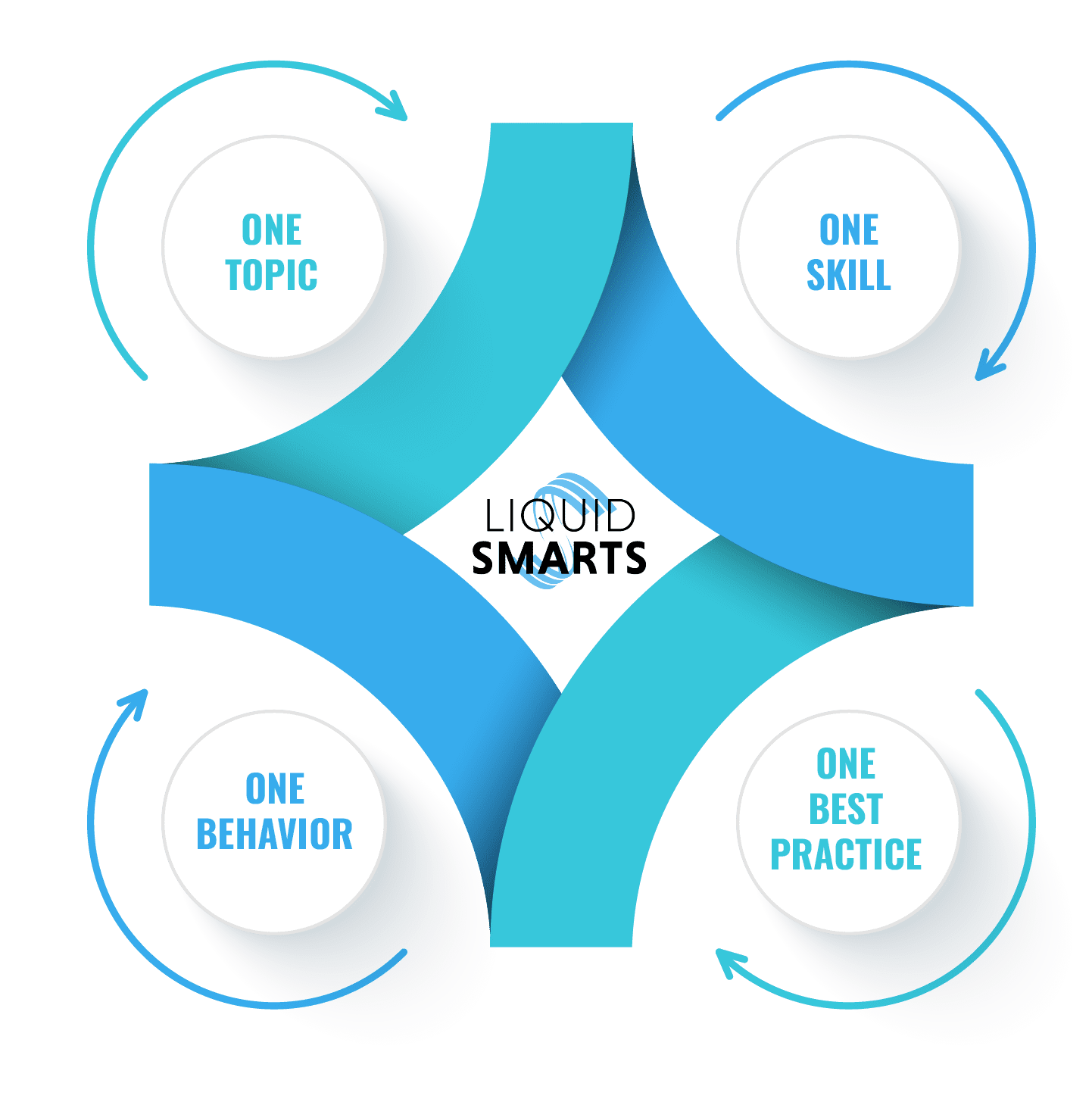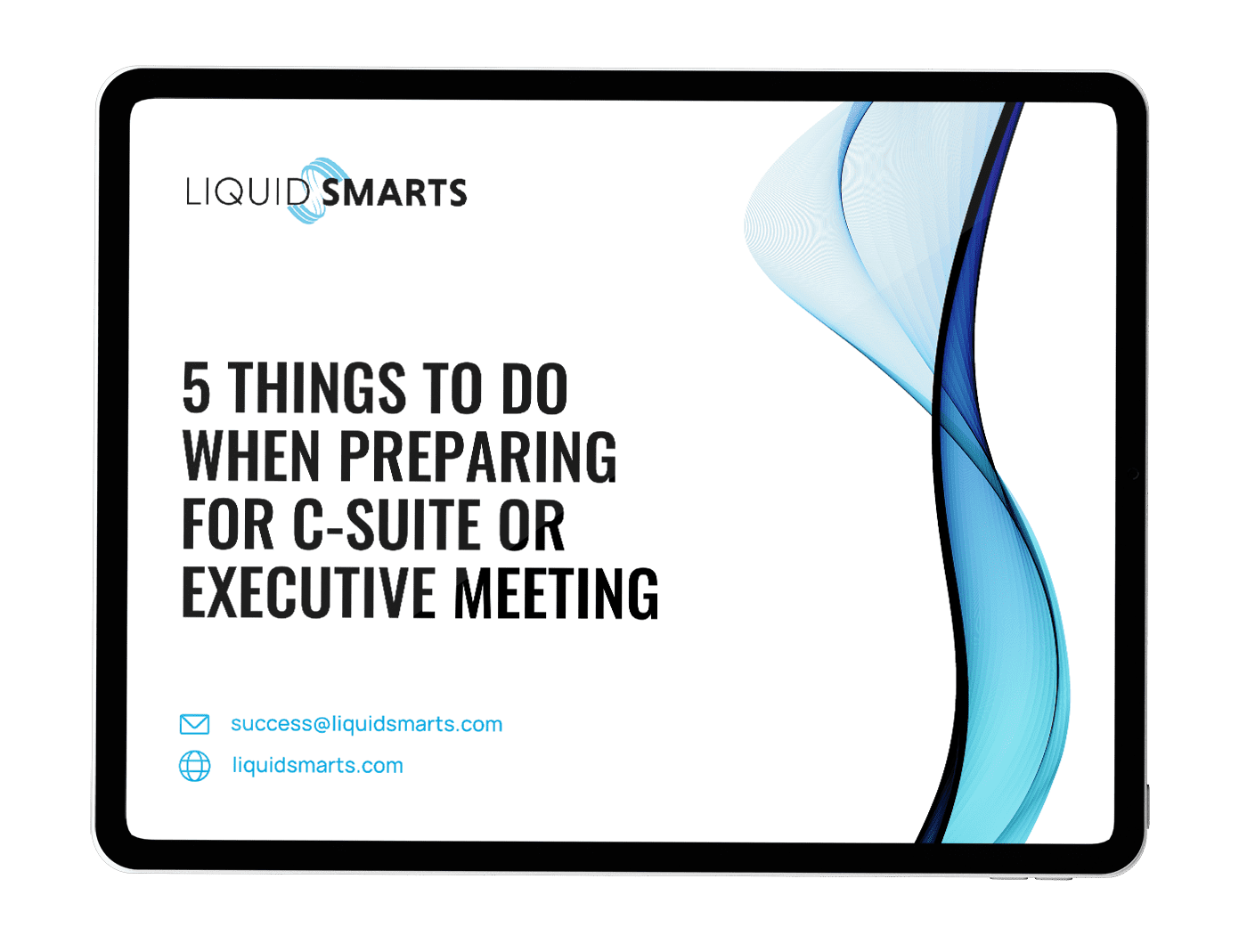If you’ve ever participated in sports during your youth, chances are you remember the coaches who left an indelible mark on your life. Some of them might have profoundly influenced you, pushing you to excel and exceed your expectations. Whether you were a basketball enthusiast who sneakily indulged in thrilling games or someone who was yelled at more often than you’d like to recall, the good and the bad coaching experiences stay with you. This analogy is particularly pertinent to sales management. Interestingly, research reveals that around one-third of the most successful organizations deploy sales coaches to harness and enhance their sales team’s potential.
Here are a few more tips to bolster your sales coaching effectiveness:
- Build a rapport with your team members: Understand their strengths, weaknesses, and aspirations. This knowledge will enable you to personalize your coaching to address their individual needs.
- Be a good listener: The most effective coaches are excellent listeners. They pay heed to their team members’ concerns and feedback.
- Extend support: Sales can be a demanding job. Be available to provide your team with the support they need during tough times.
- Be patient: Developing exceptional sales skills takes time. Exercise patience with your team members and assist them in growing and developing at a pace that suits them.
- Be positive: A positive attitude is infectious. Maintain positivity and enthusiasm, especially during challenging times. This will help your team stay motivated and focused.
13 sales coaching tips to help you become a better sales coach:
- Set clear goals and expectations: Setting clear and achievable targets is fundamental for clarity in sales training and effort expectations of the sales rep. Once you know your sales team’s goals, you can establish expectations for each sales rep. This approach will keep them focused and motivated. If sales managers focus on best practices, they can deliver informal sales training and drive the successful sales coaching of soft skills.
- Provide regular feedback: Consistent and constructive feedback fosters growth. Ensure that you are providing regular feedback on your team’s performance. Remember, this feedback should be positive, constructive, and timely. Sales coaching techniques are very powerful tools for the sales organization to structure feedback. Sales coaching after sales calls is the most obvious and essential sales manager action for any effective sales coaching program.
- Coach your team on the sales process: Sales coaching is possibly the most critical opportunity to embed the sales process in your sales organization. The sales process is a roadmap to success, but only if you measure and review results, including sales coaching effectiveness at the same time. Without accountability, sales managers invest in individuals more than their entire sales team. Consequently, a sales coaching process and targeted sales rep performance indicators should be identified and discussed in each of the coaching sessions, whether tactical coaching or strategic coaching. Measuring coaching effectiveness is part of a coherent methodology, and sales success is almost always the result of effective sales training and a sales coach. It is crucial to be able to distinguish between what caused what. Sales call outcomes can depend on too many variables, which makes sales coaching important. Without continual coaching sessions on sales performance according to the process, the process will wither.
- Help your team develop their skills: Salesmanship is a learnable skill. Sales leaders are easily observed talking to their sales reps about the ingredients to successful sales calls. These conversations are enhanced with sales metrics and a candid reflection of one’s performance as a member of sales leadership, the practicability of sales goals, and diligent reiteration of the sales processes used and omitted. Assisting your team in honing their abilities by offering training and resources at team meetings or celebrating successes and discerning best practices are effective ways to boost their performance.
- Sales Managers – Motivate your team: Encouragement and recognition can be potent motivators. The best sales coaches know that sales coaching programs are prime sources for increasing confidence and capabilities that intrinsically reward both the sales coach and the sales rep. Sales can be challenging, so if the sales cycle is slipping, ensure you provide ample support to keep your entire team driven.
- Create a positive sales culture: A positive and supportive work culture can significantly impact a team’s success—endeavor to cultivate a work environment that encourages fun, mutual respect, and collaboration. You don’t need a sole performance improvement-focused culture to be able to leverage sales enablement and sales mentoring by more seasoned individual contributors; this is a best practice to turn marketing speak into sales conversations. A supportive team focus will not take root unless you are committed to a coaching program that just as quickly motivates poor performers as seasoned customer engagement masters. Your culture exists; it depends on you how you use it to encourage reps.
- Celebrate successes: Recognizing and celebrating achievements is a fantastic way to keep your team motivated and focused. Whenever your team accomplishes a goal, make sure to acknowledge their success. Coach reps to encourage each other because good sales coaching techniques include group learning, tactical coaching, and a reiteration of best practices.
- Provide growth opportunities: Everyone likes to feel they are advancing in their careers. Providing opportunities for growth, such as training, new assignments, and promotions, can boost your team’s morale and productivity. Unfortunately, many sales managers forget to acknowledge and recognize those individual reps pursuing professional development opportunities. This is a missed opportunity because the best sales coaches drive the career development of their team members actively.
- Sales Leaders be role models: Good behavior is often emulated. Setting a positive example by being a motivated, successful salesperson can inspire your team to excel. A sales coach’s job is essential but not urgent. Let your people see you reviewing and bringing insights from sales data. Successful sales coaching programs rely on the sales manager as a role model and the sales coach second.
- Be patient: Sales is a long-term game. Being patient and offering the necessary support to help your team succeed is essential. Good sales training benefits from effective sales coaching tips and allows enough time for the sales rep performance to develop enough behavioral sales data. Great sales coaching tips and effective sales coaches take time to develop and create impact.
- Be flexible: The sales landscape is continually evolving. Flexibility and adaptability are key to staying ahead of the competition. This applies to the coaching session also. A good sales coach knows that coaching sessions can happen anywhere and anytime. Formal sales coach training can help you increase your skills and adaptability.
- Be positive: A positive attitude can be infectious. Maintaining a positive demeanor, even during challenging times, can keep your team motivated and focused. Sales training goes better when it is “sold” to the team. Sales teams face negativity all day, and it is up to sales leadership to set a resilient and positive viewpoint for others to adopt.
- Have fun!: A team that experiences strong emotions together will more easily remember and remain consistent with those emotions: more positive emotions, more positive engagement. A great sales coach knows her sales team and uses her judgment to increase enjoyment for the team by anticipating the next challenge and success and preparing the organization and her sales teams for what is coming.
The Expected Outcomes of Sales Coaching
Sales coaching can be highly beneficial for the performance of sales teams and individual sales representatives. Here are some key statistics and insights to illustrate this:
- Sales training, which includes coaching, reportedly reaps a staggering 353% Return on Investment (ROI) for the average company, and a study by the Sales Management Association found that companies providing effective sales coaching can see up to a 16.7% increase in revenue¹.
- Sales coaching also positively impacts retention, with 60% of sales reps stating they’re more likely to leave their job if their manager is a poor coach. Sales reps receiving effective coaching are 19% more likely to be satisfied with their job than those not receiving coaching¹. This is intuitive because the closest professional relationship salespeople have at the beginning of their careers is their sales managers.
- Companies with ongoing coaching reportedly have a win rate of 60.6%, compared to 53.8% for occasional coaching and 50.5% for companies without coaching¹. It is also anecdotally expected because sales managers who focus on sales coaching techniques are real sales leaders, not super-sales reps.
- A study by Gartner found that 77% of sales organizations use digital coaching tools to improve sales performance, and 66% use artificial intelligence to personalize coaching to individual sales reps¹.
- According to a study, sales representatives receiving at least three hours of coaching per month exceed their selling goals by 7%, increase revenue by 25%, and increase the close rate by 70%¹.
The Challenges of Sales Coaching with Sales Teams
On the other hand, becoming an effective sales coach requires understanding the role, challenging sales reps while being reasonable, treating individuals differently, actively listening, empowering the agents, and setting the right tone².
However, despite its evident benefits, sales coaching remains underutilized in many organizations. Only 21.7% of companies provide formal coaching to all sales reps, and only 34.8% have a clear coaching strategy aligned with their overall sales strategy.
As for the impact of AI on sales coaching, it’s expected that by 2025, 60% of B2B sales organizations will move from experience-based selling to data, and 75% of sales organizations are planning, evaluating, or implementing some version of AI into their sales process³.
It’s important to note that while there is a substantial amount of data regarding the benefits of sales coaching and how to be a sales coach, the exact impact of sales coaching on the performance of sales teams and individuals can vary widely depending on various factors such as the quality of the coaching, the receptiveness of the sales reps, and the specific dynamics and circumstances of the sales team and organization³.
As for whether AI can replace sales coaches, there’s no definitive answer. AI is increasingly being used to enhance sales coaching efforts through digital coaching tools and personalization of coaching based on interaction data from the sales team. Still, no information suggests AI is expected to replace human sales coaches fully.
The use of AI in sales coaching appears to be more about supplementing human coaching efforts rather than replacing them³.
References:
Gitnux.com (2023) The Most Surprising Sales Coaching Statistics In 2023.
Forbes (2023) Six Ways To Be More Effective As A Sales Coach.
Sales Enablement (2023) Measuring the Impact of Sales Coaching.







